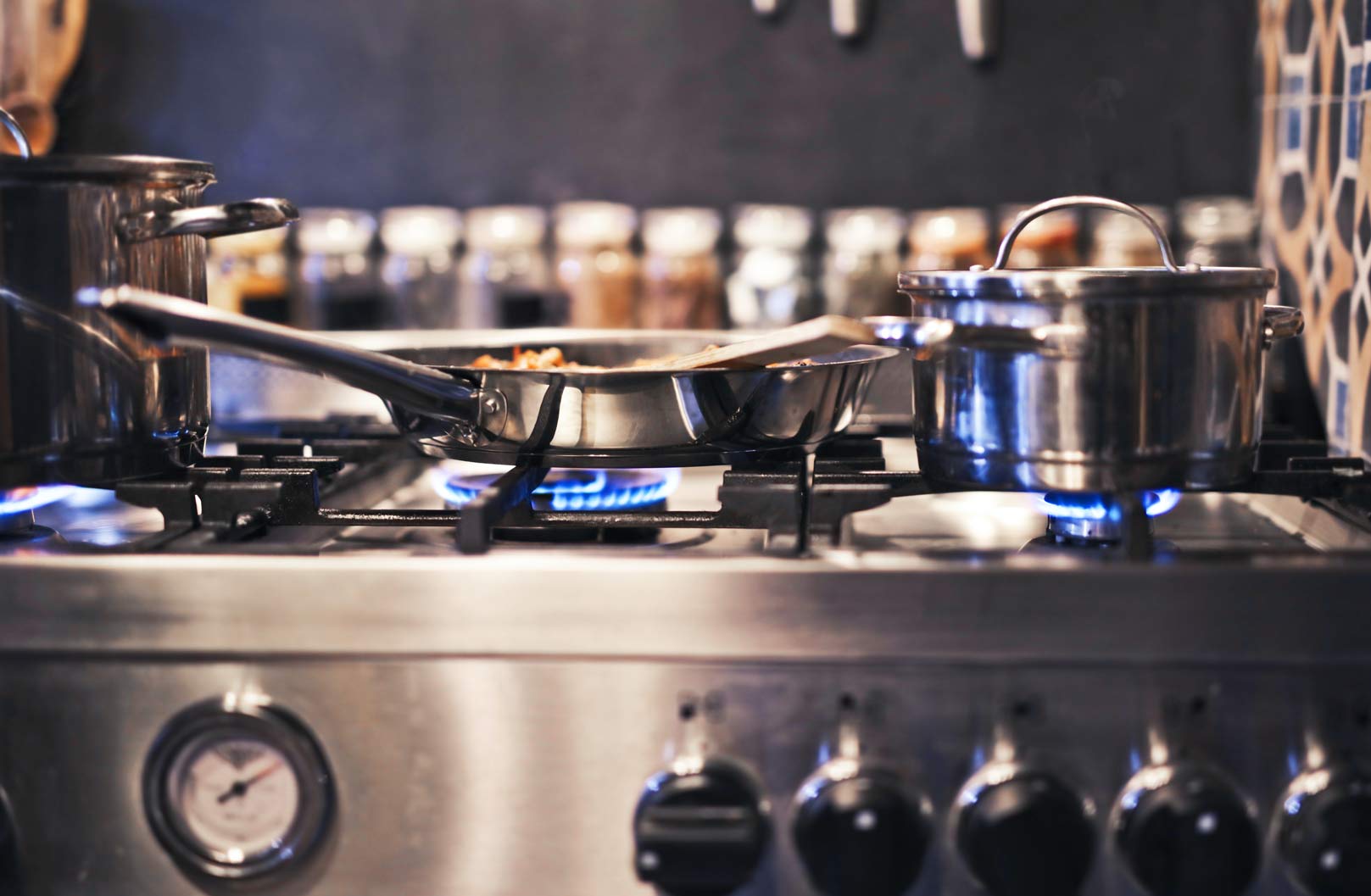Zimbabwe has seen an unprecedented uptake of liquefied petroleum gas (LPG) as residents turn to this alternative fuel source amid persistent electricity shortages.
This shift to LPG illustrates the potential of alternative energy sources in transforming communities while addressing urgent energy needs and providing ‘positive’ impacts on both electricity demand and environmental sustainability.
Head of the petroleum department at the Zimbabwe Energy Regulatory Authority (ZERA), Engineer Andrew Guri, noted that the country now leads Southern Africa in LPG consumption, a shift he attributes to a growing acceptance of LPG as a modern, safe, and environmentally friendly fuel.
“Zimbabwe has broken all records in Southern Africa,” said Guri during an engagement with media on Wednesday. in Bulawayo. “There’s no other country where people have become so comfortable with LPG than Zimbabwe.”
The engineer added: “Whatever the case, the outcome is good that people have migrated or shifted to LP gas. LPG is actually known as the modern fuel and the transition to cleaner energies as we move to renewable energies.”
The engineer said despite initial hesitations, the country’s LPG consumption has risen from under 1 kilogram per person per year in 2012 to around 4.5 kilograms per person today, marking significant progress in cleaner energy adoption.
Unlike neighbouring countries where the use of LPG remains less common, Zimbabweans have embraced it with confidence.
“In Zambia and Malawi, they are always coming to us, asking, ‘What have you done in Zimbabwe to make people so comfortable with LPG?’” Guri remarked.
“Elsewhere, people remain hesitant, but here, we see it on street corners and in homes.”
The surge in LPG usage is alleviating the strain on Zimbabwe’s electricity grid, a benefit Guri considers vital. “Using LPG helps relieve demand for electricity, freeing up power for industries where it’s needed most,” he explained.
With rolling power cuts frequently impacting households, LPG has become a practical alternative that enables cooking and heating, reducing the burden on the country’s power supply.
Guri outlined the logistical process of delivering LPG into Zimbabwe.
“We get our gas offshore from traders. It arrives by road, goes into storage, and then is distributed to LPG filling plants across the country,” he said, adding this supply chain makes sure Zimbabweans can conveniently access LPG from local retailers.
Beyond convenience, the switch to LPG carries considerable health and environmental benefits.
“LPG is a modern fuel, it doesn’t corrode or produce soot, unlike other toxic substances,” Guri explained.
This clean energy source has become increasingly valued as communities across Africa look for alternatives to wood and charcoal, fuels that contribute to deforestation and air pollution.
“Central and East Africa face severe environmental issues, such as desertification and deforestation, from the extensive use of charcoal. LPG offers a sustainable and cleaner alternative,” the engineer added.
In response to these environmental challenges, African countries are looking toward LPG as an affordable, healthier substitute, aligning with global energy trends favouring cleaner fuels.
Despite these gains, Zimbabwe’s rapid transition to LPG has introduced new challenges, especially in terms of safety.
While Guri celebrated Zimbabwe’s relatively low accident rate with LPG, he acknowledged the need for caution as usage expands.
“We are pleased that our accident rates with LPG are lower than those of South Africa, but there is still work to be done to ensure safety standards are maintained,” he noted. The increased reliance on LPG has spurred the Zimbabwean government to promote safety education, said the ZERA official.
“Last year, Zimbabwe used 66 million kilogrammes of LPG, and we’re projecting usage will reach 70 million kilogrammes this year, if not more,” Guri stated. “However, with LPG being sold on street corners and in neighborhoods, incidents can happen. Our goal is to maintain safety as consumption continues to rise.”
With LPG considered one of the cleanest petroleum products, it aligns with both domestic needs and international environmental standards.
“Even Europe is moving toward LPG for its efficiency and accessibility,” Guri said, underscoring Zimbabwe’s role as a model for sustainable fuel adoption in the region.
As Zimbabwe leads Southern Africa in this clean energy transition, Guri sees the country’s embrace of LPG as a promising step towards sustainable development.
“LPG is a fuel of the future,” he concluded.

